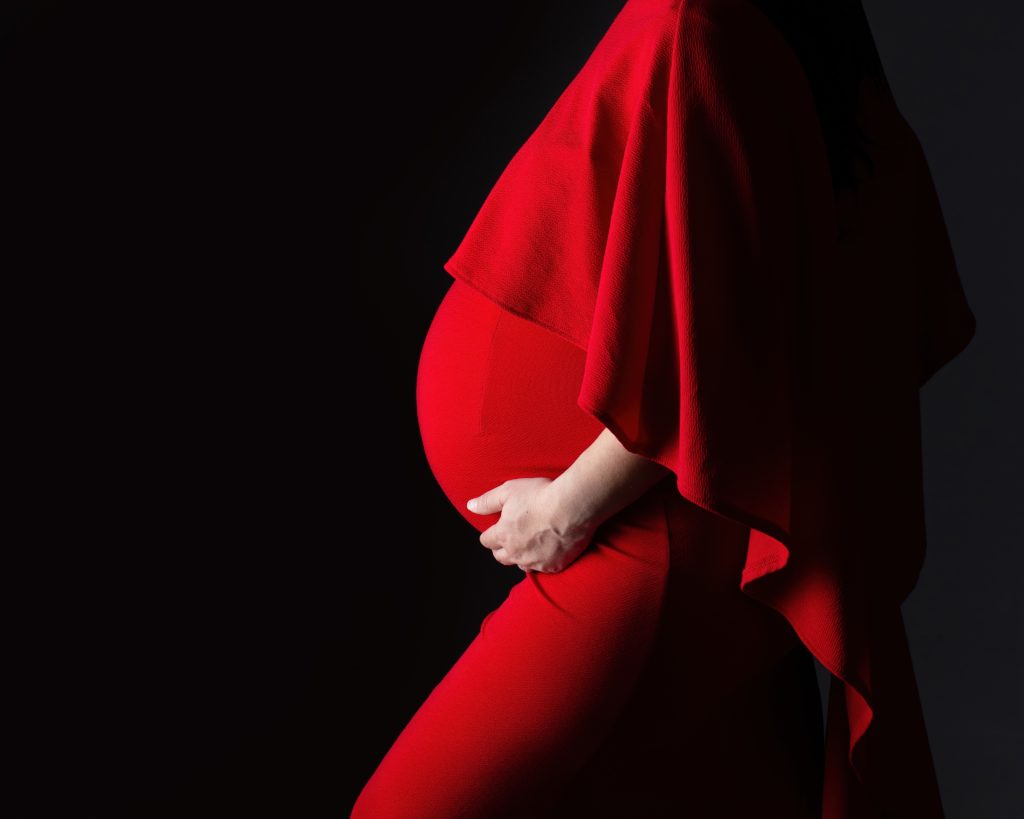Pro-lifers, I’ve argued before, are disproportionately more likely to take facts and science seriously when it comes to abortion. From prenatal pain to the prenatal heart, the biology related to many of the contested issues in the abortion debate point in a direction that troubles many positions which reflexively permit abortions.
There are intellectually honest pro-choice people, of course, who reckon with these facts (one of the most famous articles ever written on abortion rights presumed the full personhood of the prenatal child), but in my experience, those who have pro-choice positions are either largely unaware of the facts or are intellectually dishonest in how they speak about the “products of conception.”
Abortion law was in the headlines earlier this summer around the first anniversary of Dobbs v. Jackson Women’s Health Organization, the Supreme Court decision that wrested the issue of abortion from the hands of an unelected court. As a result, legislatures have greater latitude to enact laws that reflect the will of the people on abortion.
But to do so responsibly, voters not only need to know their prenatal biology, they must be told the truth about what a proposed law would do.
Unfortunately, the well-known phenomenon of “abortion distortion” means that misleading statements and outright lies are par for the course in the war over public policy.
Consider, for instance, the public debate leading up to the passage of “Prop 1” in California this past year. Opponents of the law, including the California Conference of Catholic Bishops, pointed out that the new language would override the current law restricting abortion (with exceptions) after viability and instead make it legal for any reason — including the third trimester of pregnancy.
The state’s voter guide points out that, unlike state law which limits late-term abortions unless medically necessary, “Proposition 1 has no limit on late-term abortions.”
Even Dr. Forrest Smith, a long-time provider of abortions himself who nevertheless rejects third-trimester abortion, was deeply disappointed that drafters of Prop 1 intentionally left out the language of California’s “Reproductive Privacy Act,” which reads [emphasis added]: “the state shall not deny or interfere with woman’s or pregnant person’s right to choose or obtain an abortion prior to the viability of the fetus.”

Just this summer, the Los Angeles Times reported that “legal experts say there is little consensus on whether California’s viability standard still holds” since Prop 1 did not mention the word “viability” once.
Last month, Gallup found that only 22% of Americans broadly support legal abortion in the third trimester. If California voters knew or suspected that they were voting to make such abortions broadly legal, Prop 1 almost certainly would have failed.
At pains to avoid this fate, a seemingly endless supply of public figures and organizations insisted that the proposition would only ensconce existing abortion law into the state Constitution. It would in no way make way for the wildly unpopular position that abortion would be legal in the third trimester.
Indeed, check out this remarkable list of fact-checks making versions of this claim:
- Associated Press
- Politico
- USA Today
- Cal Matters
- San Francisco Chronicle
- LA Times
- California Healthline
- ABC 10
Despite fierce opposition from pro-lifers — who, once again, were fighting for intellectual and factual honesty in the debate — Prop 1 was passed handily by California voters.
But we may now have proof that they were misled. According to reporting from Politico this past week, the $20 million the state put into expanding abortion in Los Angeles made it a hub for people coming in for abortions from out of state. Significantly, some of that money is being used to build a clinic that “provides abortions during all three trimesters.” In fact, the new Dupont Clinic coming to the city of Los Angeles is quite public about the “need” to provide “all-trimester abortion care.”
Does this prove that Californians were lied to? Maybe not. One could argue that Dupont is coming in merely to medically necessary third-trimester abortions. But for several reasons this is unlikely.
California is already saturated with abortion clinics and companies doing abortions. There was no need to bring a specialist in late-term abortion like Dupont, unless this is what California wanted — or, perhaps more precisely, what Los Angeles County (a self-described abortion “safe haven”) wanted.
Furthermore, Dupont is quite direct in rejecting the idea that third-trimester abortions should be limited to those that are medically necessary. On the contrary, they “do not require any particular ‘reason’ to be seen [for abortions between 26 and 32 weeks gestation] — if you would like to terminate your pregnancy, we support you in that decision.”
Why would Dupont, which rejects the idea that abortion needs any reason at all, suddenly be interested in coming to a state which limits abortion after viability only in cases where it is medically necessary?
In what is unfortunately an all-too-common practice in the abortion wars, it appears that California voters were misled about a central aspect of Prop 1. They were not told that they were about to make California an extremist state when it comes to abortion: Even the The Washington Post was forced to admit that only six other countries in the world allow broad access to abortion after 20 weeks of gestation. Thirty-two weeks, or beyond, is mind-numbingly extreme.
Again, such a policy would never have been approved by Californians if they had known what was being proposed. Voters everywhere deserve a chance to vote for or against a proposition about which they have full and accurate information.
Here’s hoping pro-life organizations challenge the validity of the law in court and get it struck down. Doing so would pave the way for an intellectually and factually honest conversation about what their abortion law should be. An overwhelming majority support limiting abortion in the third trimester to saving the mother’s life. They should be informed in such a way so they can move to have their laws reflect this.

